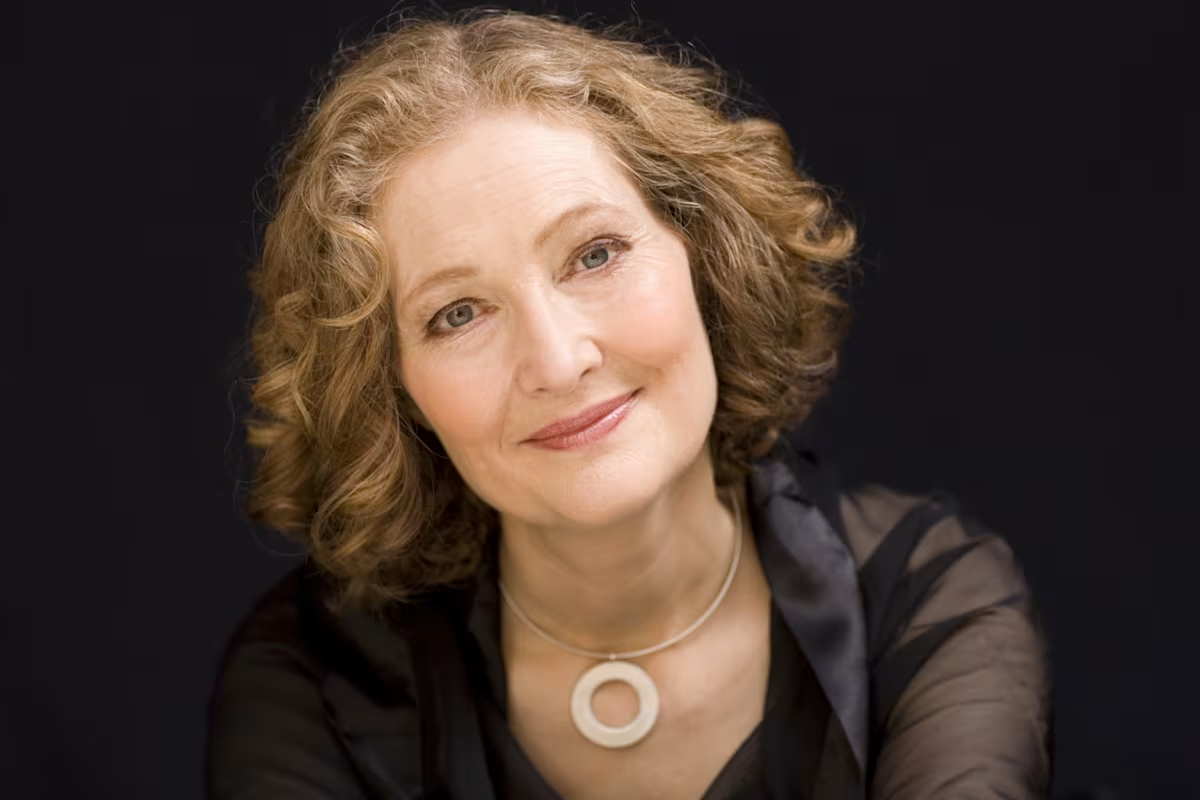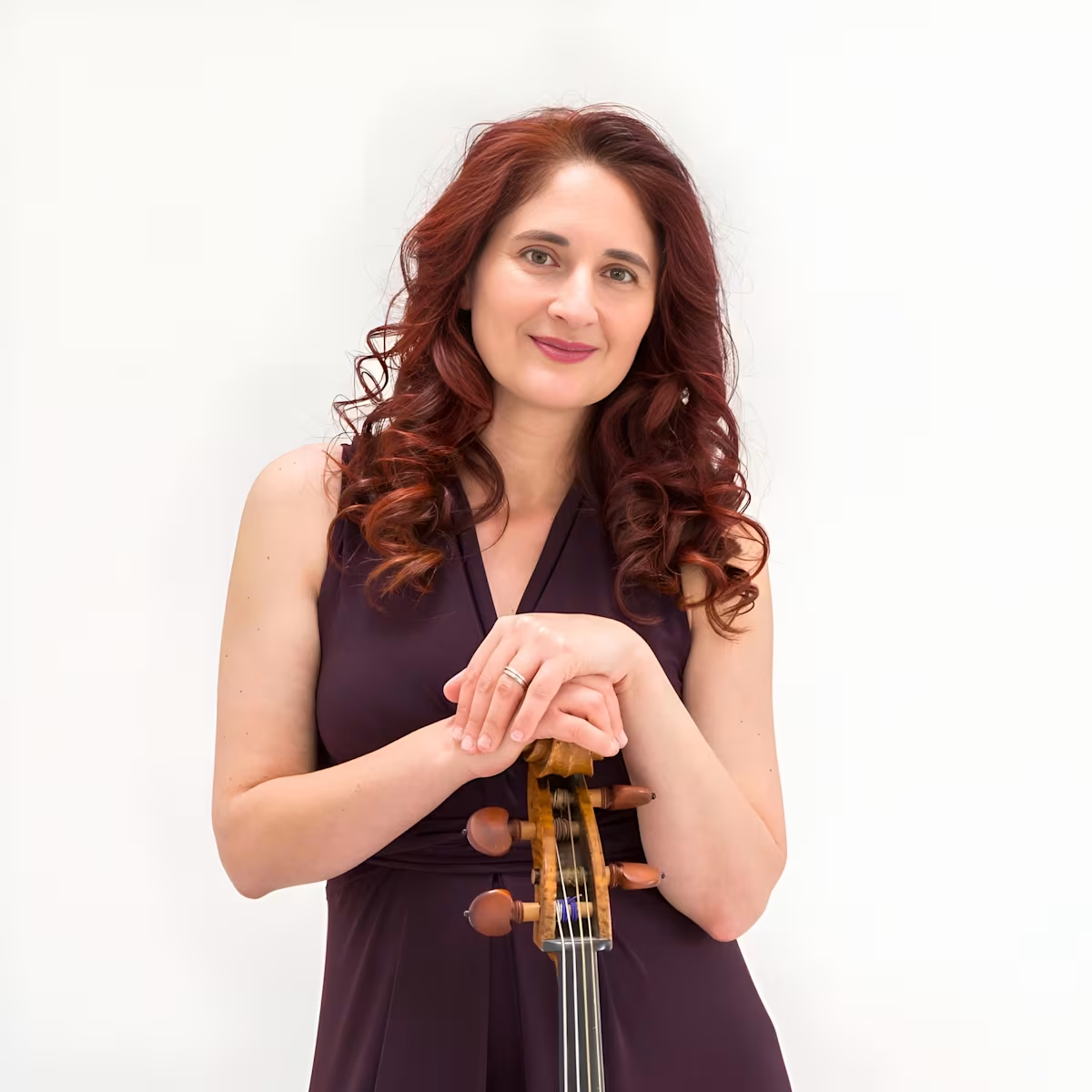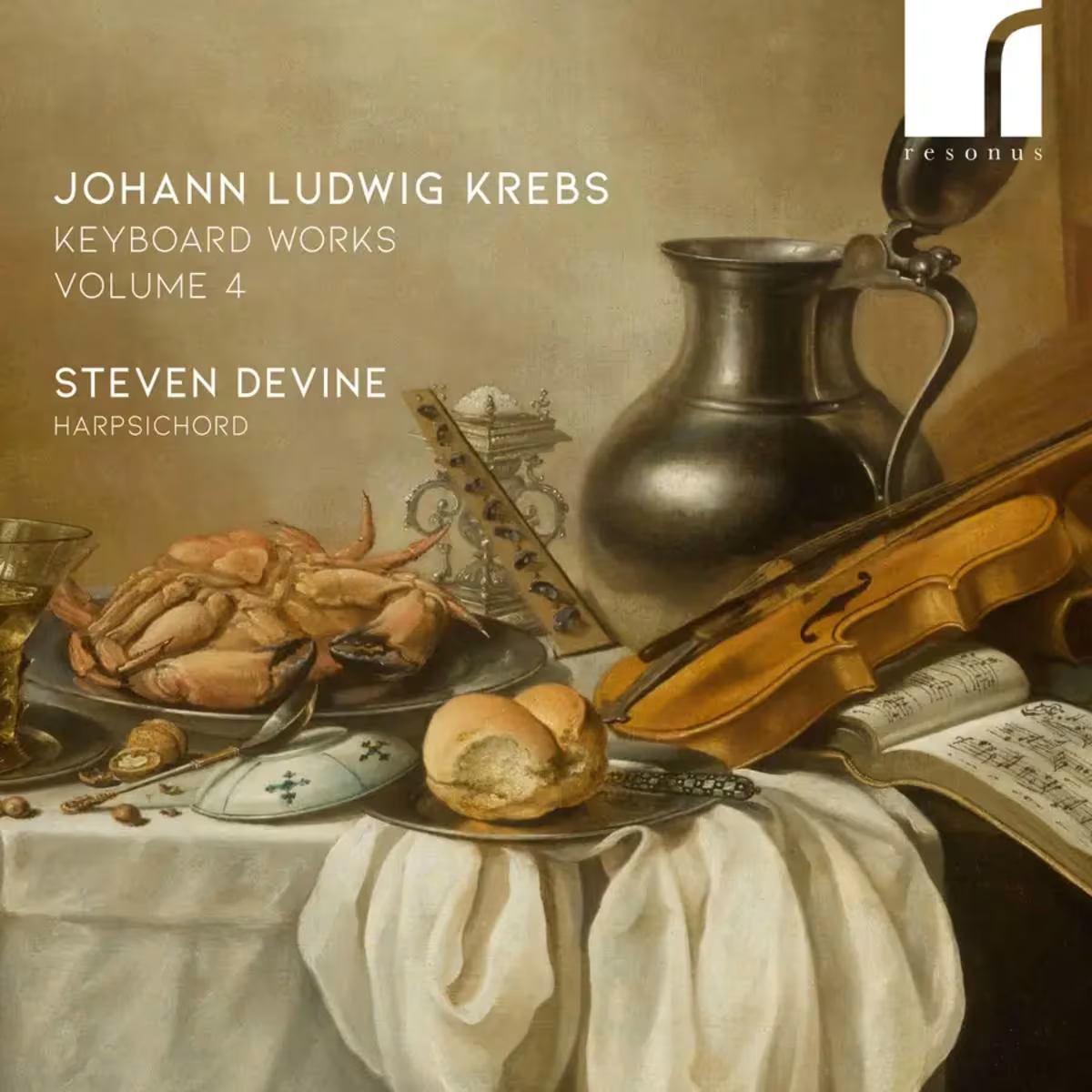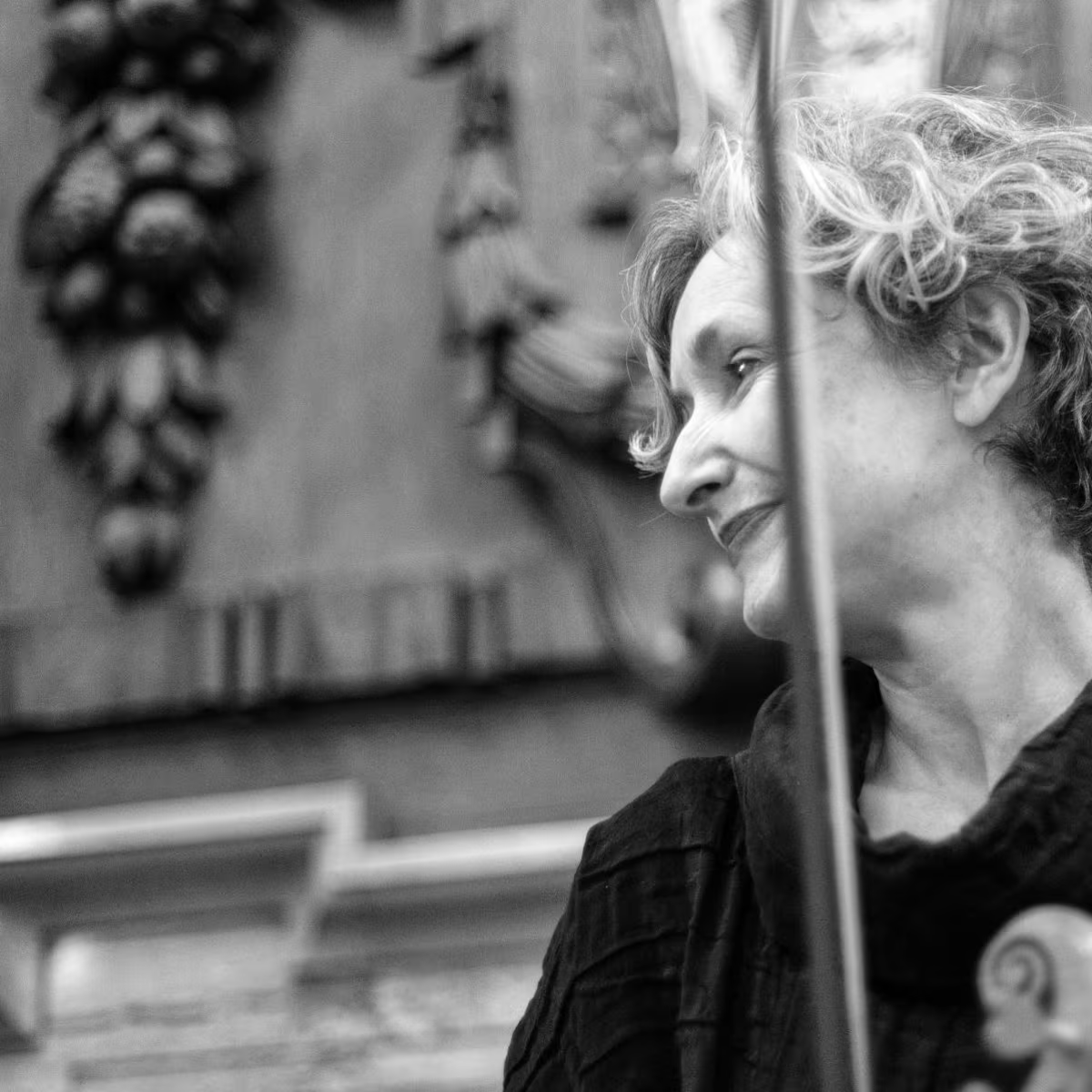Feature
Emma Kirkby: A refiner’s fire
The Dame Emma Kirkby Interview | Part III
Share this

BY ASHUTOSH KHANDEKAR | FIRST PUBLISHED 23 AUG 2025
Dame Emma Kirkby is an iconic figure in the Early Music scene. Her pure, precise and intensely focused singing set a new measure for authenticity in Renaissance and Baroque performance practice, influencing a generation of singers in matters such as tone, vibrato, phrasing and above all, in the communicative power of the text. She was awarded a DBE in 2007, and in 2011, she became the sixth recipient of the Queen's Medal for Music. In 2019, Gramophone Magazine presented her with a Lifetime Achievement Award for Services to Music, and she has been a Patron of Continuo Foundation since 2020. Ashutosh Khandekar spoke to Dame Emma about her influential 60-year career, and this is the final of three excerpts from this exclusive interview. The full interview will appear on Continuo Connect tomorrow, Sunday 24 August.
Emma Kirkby has made more than 100 recordings throughout a career spanning 60 years. One memorable classic is the acclaimed 1980 recording of Handel’s Messiah with Christopher Hogwood and the Academy of Ancient Music, in which she performs soprano versions of arias that Handel had arranged for the great virtuoso castrato Gaetano Guadagni. The recording was the first large-scale oratorio that Kirkby had taken part in, and became a byword for authenticity in Handel’s music. Its impact on how we perform Messiah can still be felt today. BBC Music Magazine counted the recording among its choice of the ‘20 greatest recordings of all time’.
Emma Kirkby performs ‘Rejoice greatly, o daughter of Zion’ from Handel’s Messiah with the Academy of Ancient Music & Christopher Hogwood
‘Chris Hogwood had a huge impact on my life,’ Kirkby recalls. ‘The work I did with him took my singing and my reputation as an artist to a new level. I was incredibly lucky to get to sing on the Messiah recording, because actually Christopher’s ‘resident soprano’ at the Academy of Ancient Music was Judith Nelson, a lovely singer from America. She and I had already recorded some duets for him of music by Purcell and Couperin, and we’d had a great time. She was an ideal singing partner, just so friendly and mature, and imaginative and kind.'
Dame Emma Kirkby & Judith Nelson with Anthony Rooley perform ‘La mia filla crudel’ by Sigismondo d'India
‘Judith had already been booked to sing the soprano solos for the Messiah recording, and Christopher wanted to use his great buddy James Bowman to sing the countertenor arias. However, James suddenly went down with pharyngitis, which ruled him out of doing any singing for nearly a year. There were not so many other countertenors around in those days, and in any case, Christopher couldn’t bear to ask anyone else. James had such a special voice. In fact, Handel often adapted and transposed arias for different singers, depending on which soloists were around, and Messiah was no exception.’
Hogwood recalled that in 1754 Handel had made a version of Messiah for his favourite charity, The Foundling Hospital, featuring two prominent Italian sopranos, Giulia Frasi, who had sung in the world premiere of the work, and Christina Passerini, a singer with a high, agile voice who had recently arrived in London from Italy. ‘I was brought in to sing the Passerini arias,’ says Kirkby ‘That was just perfect for me, since I wasn’t a very experienced Handel singer, and the two-soprano version was hardly ever done, so there was nothing to compare it with.’
Emma Kirkby performs ‘But who may abide the day of his coming’ from Handel’s Messiah with the Academy of Ancient Music & Christopher Hogwood
Critics praised the energy and intensity of Kirkby’s performance, especially in her opening aria, ‘But who may abide the day of his coming’, with its searing evocation of the ‘refiner’s fire’. Her virtuosic coloratura singing conjures up the flickering, purifying flames, as if the singer herself is the refining force, purging the music of any affectation and getting to the spiritual heart of the text. ‘When I sing, I want to feel that I am embodying something handed down to us by incredible composers and writers. Charles Jennen’s libretto for Messiah is just genius – you can’t escape its numinous quality that feels broader than religious zeal. It tells a deeply moving human story.’
Ashutosh Khandekar’s full interview with Dame Emma Kirkby will be published on Continuo Connect tomorrow, Sunday 24 August.
Share this
Keep reading

In conversation: Tatty Theo
Continuo Connect meets Baroque cellist Tatty Theo, founder of the Brook Street Band and the Love:Handel festival.

Johann Ludwig Krebs: Keyboard Works
Steven Devine has recorded the complete keyboard works by Johann Ludwig Krebs with a number of world premiere recordings.

Claire Horáček: Reviving Renaissance Sound
Continuo Connect catches up with viol player Claire Horáček of the Linarol Consort to discuss her route into Early Music, and Linarol’s upcoming recording.


